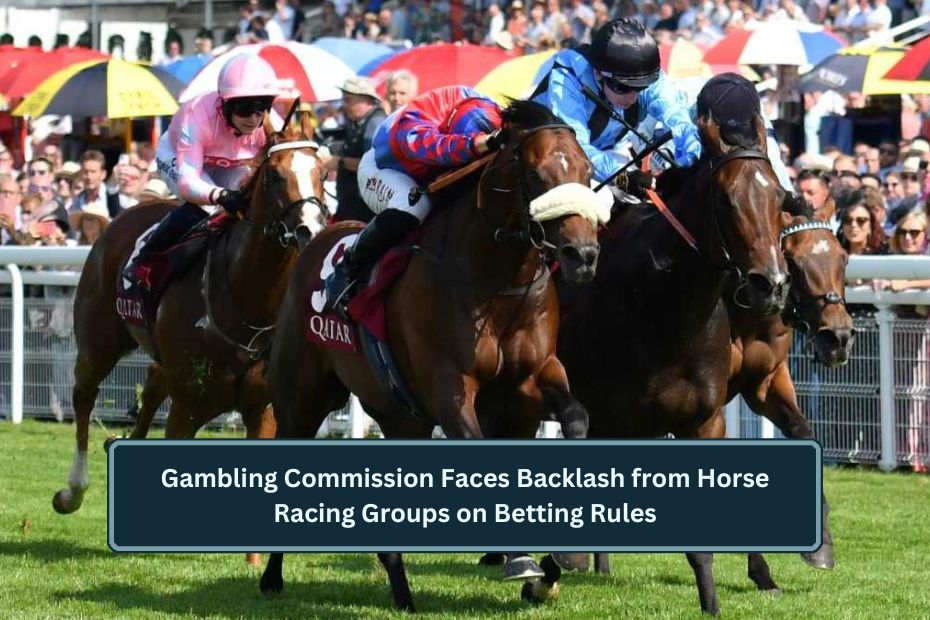The horse racing world in the UK is facing a big challenge involving betting regulations and the concept of “affordability checks.” These checks are sparking heated debates about how they impact the sport’s financial health. Let’s break it down to understand what’s happening and how it affects the industry.
What Are Affordability Checks?
Affordability checks are proposed measures meant to help people avoid financial trouble from gambling. Betting companies may ask customers for personal information, like bank statements or income details, to ensure they can afford their bets. While these checks are supposed to protect people, they’ve caused a lot of confusion and frustration, especially in horse racing.
The £3 Billion Black Hole
One major issue is the claim of a “£3 billion black hole” in racing’s betting turnover. Between March 2022 and March 2024, online betting on horse racing dropped significantly—from £10 billion to £8.37 billion. Adjusted for inflation, this represents a real-term loss of £3 billion. Racing groups blame affordability checks for discouraging bettors, but the Gambling Commission denies this, saying their checks are not fully in place yet.
Industry Reactions
Some of the loudest critics of affordability checks include big racing organizations like the Racecourse Association and the Racehorse Owners Association. They argue that these checks are unfair and harmful to the sport, claiming they drive away loyal bettors and damage racing’s income. On the other hand, the Gambling Commission insists that these checks are meant to target only vulnerable individuals and are still being tested in pilot programs.
Are the Bookies Doing Better?
Interestingly, even as racing turnover dropped, betting companies made more profit during the same period. Gross Gambling Yield (GGY)—the profit from bets—rose by 5%, from £746 million to £790 million. This shows that while fewer people are betting, companies are earning more from higher margins.
What’s Next for Horse Racing?
The future of horse racing may depend on finding a middle ground. Supporters of affordability checks believe they are necessary to prevent problem gambling, but racing groups argue the measures need to be fairer for everyday bettors. Standardized rules for all gambling operators could help, but racing needs assurance that these checks won’t scare off its fans.
The debate over affordability checks highlights the struggle to balance protecting gamblers with supporting an industry that heavily relies on betting. For horse racing to thrive, clear communication and compromise between regulators and racing stakeholders are essential. By focusing on practical solutions, the sport can hope to overcome this crisis and regain the trust of its fans.

